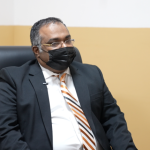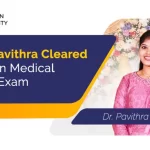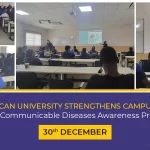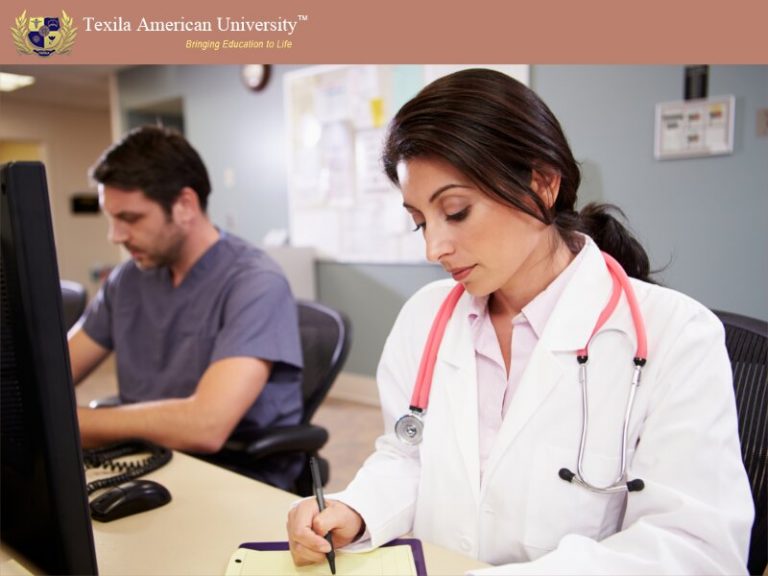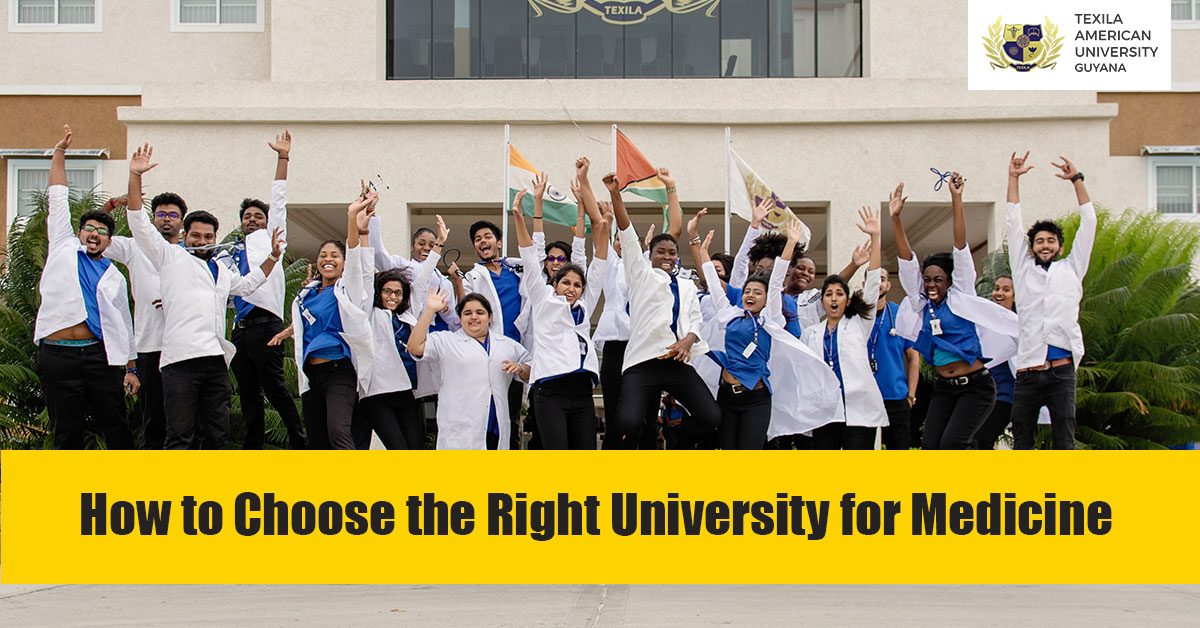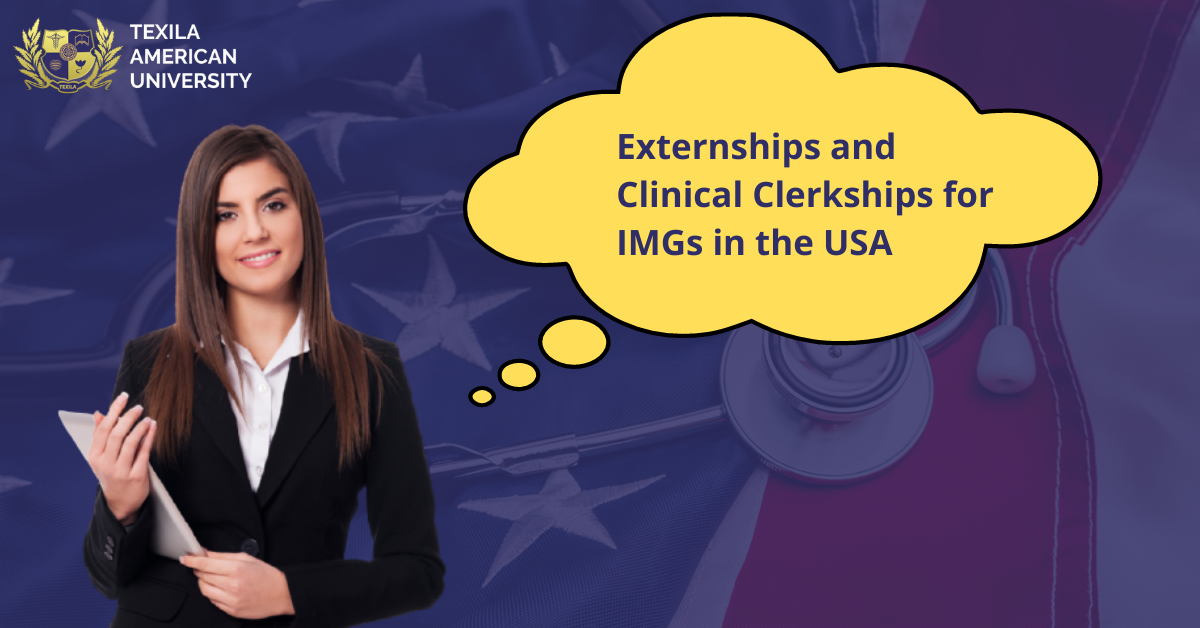Blog Summary
Introduction
Studying medicine in the Caribbean region offers several advantages to medical students. These advantages make Caribbean medical schools attractive for students who wish to receive a high-quality education, gain real-world experience, and enjoy a unique cultural experience. There are several advantages to studying medicine in the Caribbean including lower tuition costs, international recognition, high-quality education, a diverse student population, hands-on clinical experience, and a unique lifestyle. Many students who cannot afford medical education in their home country find the Caribbean medical schools more affordable. Moreover, these medical schools are recognized by international organizations such as the World Health Organization and the Educational Commission for Foreign Medical Graduates, allowing graduates to practice medicine in various countries worldwide.
Caribbean medical schools have experienced faculty, modern facilities, and comprehensive curriculums that provide a rigorous medical education to students. Moreover, the diverse student population in these schools allows students to interact with peers from different backgrounds and cultures, learn from their experiences, and develop their cultural competence. Students can also gain hands-on clinical experience in hospitals and clinics in various countries, which is valuable preparation for their future careers as physicians.
In addition to educational benefits, the Caribbean region provides a unique lifestyle experience for students. The tropical climate, beautiful beaches, and relaxed environment allow students to enjoy a unique cultural experience while pursuing their medical education.
Key advantages of studying medicine in the Caribbean
Lower Tuition Costs
Texila American University is one of the top medical schools in the Caribbean and an accredited medical school in the Caribbean that offers lower tuition than many medical schools in other countries, making it an attractive option for students needing more financial means to afford medical education in their home country.
Despite the lower cost, TAU provides a high-quality medical education that is on par with other top medical schools worldwide. With proficient faculty, modern facilities, and a comprehensive curriculum, the university provides students with the necessary preparation to pursue a career in medicine. Additionally, TAU offers hands-on clinical experience, research opportunities, and international exposure, which are valuable preparation for a career in medicine.
TAU’s affordable tuition fees make it an attractive choice for students pursuing a career in medicine but are concerned about the financial burden of high tuition fees. Students who attend TAU can benefit from high-quality education at an affordable cost, which can ultimately help them achieve their goals and pursue their dreams of becoming medical professionals.
International Recognition
The Caribbean region is well known for its world-class medical education. Its medical schools are recognized and accredited by international organizations such as the Caribbean Accreditation Authority for Education in Medicine and Other Health Professions (CAAM – HP), World Health Organization (WHO) Educational Commission for Foreign Medical Graduates, and the Educational Commission for Foreign Medical Graduates (ECFMG). This recognition enables graduates to practice medicine in various countries around the world.
Texila American University (TAU) in Guyana is accredited by the Caribbean Accreditation Authority for Education in Medicine and Other Health Professions (CAAM-HP), the official accrediting organization for medical education programs in the Caribbean. This accreditation ensures that TAU’s medical curriculum meets high-quality education and training standards. Overall, TAU’s accreditation by CAAM-HP and recognition by other international organizations make it an excellent choice for students and receive a top-quality medical education in the Caribbean region.
High-Quality Education
Caribbean medical schools are known for their high-quality education, which prepares students for successful careers in medicine. The schools have highly qualified and experienced faculties trained to provide students with the best possible education. Additionally, modern facilities equipped with state-of-the-art equipment and technologies are available to students for hands-on learning.
Caribbean medical schools provide a top-notch education that prepares students for a successful medical career. The curriculums of Caribbean medical schools are comprehensive and rigorous. They cover all the essential topics and provide students with a strong foundation in the medical field. Texila American University Guyana (TAU) is a Caribbean-based medical school offering high-quality education. Its experienced faculty, modern facilities, and comprehensive curriculum provide students with a rigorous medical education.
TAU also offers hands-on clinical experience, research opportunities, and international exposure, which are valuable preparation for a medical career. Overall, TAU is the best med school for students who want to receive a high-quality medical education in the Caribbean region.
Diverse Student Population
In addition to providing high-quality education, Caribbean medical schools offer a diverse student population. Students from various backgrounds and cultures attend these schools, providing an opportunity for cross-cultural learning and interaction. This is an excellent opportunity for aspiring medical professionals to learn about different perspectives and practices and develop cultural competence, essential for working with patients from diverse backgrounds.
Texila American University (TAU) in Guyana is a Caribbean-based medical school that values diversity and inclusivity. With students from over 70 countries, TAU provides a multicultural learning environment that prepares students to work with patients from diverse backgrounds. This exposure to different cultures and perspectives also helps students to develop a global mindset, which is increasingly essential in today’s interconnected world.
Studying at Caribbean medical schools like TAU presents a significant benefit to students in the form of a diverse student population. This fosters an enriched learning experience that prepares them to work in the global healthcare industry.
Hands-on Clinical Experience
Caribbean medical schools provide students with hands-on clinical experience, an essential part of medical education. Through this experience, students can apply the theoretical knowledge they acquired in the classroom to real-world situations and gain practical skills to prepare them for a medical career.
In addition to providing classroom instruction, Caribbean medical schools offer clinical rotations and clerkships in hospitals and healthcare facilities, where students work with patients under the supervision of experienced physicians. This provides students with exposure to various medical cases and the opportunity to develop their diagnostic and treatment skills.
Texila American University (TAU) in Guyana is among the Caribbean-based medical schools providing its students with extensive clinical experience. TAU has partnerships with several hospitals and healthcare facilities, where students can gain clinical experience in various specialties such as surgery, pediatrics, and emergency medicine.
Overall, hands-on clinical experience is a vital part of medical education. Caribbean medical schools like TAU provide ample opportunities for students to gain this experience and extend the knowledge needed to succeed in their careers.
Lifestyle
One advantage of attending a medical school in the Caribbean region is the unique lifestyle it offers. With its tropical climate, stunning beaches, and relaxed atmosphere, the Caribbean provides an exceptional cultural experience that can significantly enhance a student’s medical education.
In addition to its natural beauty, the Caribbean is also known for its diverse cultural heritage, which offers students an opportunity to immerse themselves in a rich and unique culture. This exposure to a different way of life can broaden a student’s perspective and help them improve their understanding of the world around them.
Texila American University (TAU) in Guyana is a Caribbean-based medical school that offers a unique lifestyle experience to students. In the heart of the Caribbean, TAU provides students access to the region’s vibrant culture and natural beauty.
The lifestyle advantages of attending a medical school in the Caribbean region, like TAU, can significantly benefit students academically and personally. The unique cultural experience, natural beauty, and relaxed atmosphere can give students a well-rounded education and a memorable life experience.
Conclusion
Studying medicine in the Caribbean region can be a great option for students looking for a high-quality education, a diverse student population, hands-on clinical experience, and a unique lifestyle experience. Caribbean medical schools offer experienced faculty, modern facilities, and comprehensive curriculums that prepare students for a successful medical career. The diverse student population allows cross-cultural learning and interaction, while the hands-on clinical experience will enable students to develop practical skills and knowledge.
Moreover, the Caribbean’s unique lifestyle allows students to love the region’s blissful nature and cultural assets, which can enhance their overall well-being and enrich their medical education. However, it’s essential to carefully research and evaluate different medical schools in the Caribbean, as not all may meet the same standards and requirements. For students considering top medical universities to pursue medicine in the Caribbean , it’s recommended to thoroughly research different schools, their accreditation, faculty, curriculum, and student support services.
It’s also important to consider the cost of tuition, living expenses, and other factors that may impact the overall value and feasibility of the program. Finally, students should be prepared to adapt to a new cultural and social environment and invest the time, effort, and resources to succeed in their medical education.


